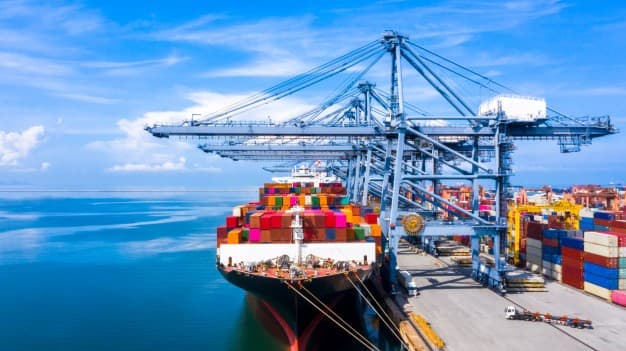The Transportation Sector in Turkey: A Key Driver of Economic Growth
Turkey, situated at the crossroads of Europe and Asia, boasts a robust transportation sector that serves as a critical component of its economy. With its strategic geographical location, modern infrastructure, and dynamic logistics networks, Turkey’s transportation sector plays a pivotal role in facilitating domestic and international trade, driving economic growth, and enhancing connectivity across regions. In this article, we’ll delve into the various facets of Turkey’s transportation sector and its significance in the country’s economic landscape.
Road Transport: Road transport is the backbone of Turkey’s transportation network, accounting for the majority of freight and passenger movements within the country. Turkey has an extensive network of highways and roads that connect major cities, industrial zones, and ports, facilitating the movement of goods and people. The country’s road transport sector is characterized by a diverse fleet of vehicles, including trucks, buses, and minibusses, operated by both private companies and public entities.
Rail Transport: Turkey’s railway network plays a vital role in freight and passenger transportation, providing an efficient and environmentally friendly mode of transport. The Turkish State Railways (TCDD) operates the majority of the country’s rail infrastructure, which spans thousands of kilometers and connects key cities and industrial centers. With ongoing investments in high-speed rail and modernization projects, Turkey aims to further enhance its rail transport capabilities and increase its share of freight and passenger traffic.
Maritime Transport: Turkey’s extensive coastline along the Mediterranean, Aegean, and Black Seas makes it a natural hub for maritime transport. The country’s ports, including those in Istanbul, Izmir, Mersin, and Gemlik, serve as major gateways for international trade, handling millions of tons of cargo annually. Turkish maritime companies operate fleets of cargo ships, container vessels, and Ro-Ro (roll-on/roll-off) ferries, providing reliable and cost-effective transportation solutions for both domestic and international markets.
Air Transport: Turkey’s aviation sector has experienced significant growth in recent years, fueled by increasing demand for air travel and tourism. Istanbul Airport, one of the largest airports in the world, serves as a major aviation hub connecting Europe, Asia, and the Middle East. With its state-of-the-art facilities and extensive flight network, Istanbul Airport has bolstered Turkey’s position as a key player in the global aviation industry.
Logistics and Supply Chain Management: The logistics and supply chain management sector in Turkey plays a crucial role in optimizing the movement of goods and materials across various modes of transport. With its strategic location and efficient logistics networks, Turkey serves as a bridge between East and West, facilitating trade flows between Europe, Asia, and the Middle East. Turkish logistics companies offer a wide range of services, including warehousing, distribution, freight forwarding, and customs clearance, contributing to the seamless flow of goods within Turkey and beyond.
The transportation sector is a cornerstone of Turkey’s economy, driving trade, investment, and economic development across the country. With ongoing investments in infrastructure, technology, and logistics capabilities, Turkey is well-positioned to further strengthen its transportation sector and solidify its role as a key player in the global transportation and logistics industry. As Turkey continues to expand its transportation networks and enhance connectivity, the sector will remain a vital engine of economic growth and prosperity in the years to come.





